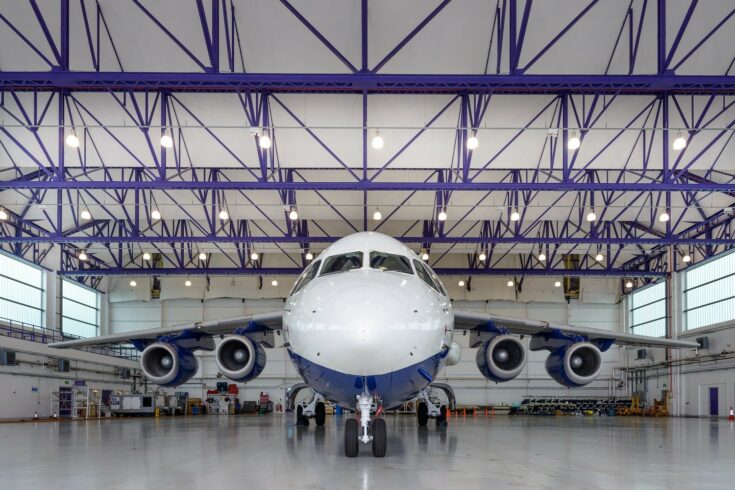The Facility for Airborne Atmospheric Measurements (FAAM) has been awarded £61m as part of a major investment by the Natural Environment Research Council (NERC).
The airborne lab will support scientists investigating climate change, pollution and severe weather.
Funding will be spread over 10 years, enabling the FAAM Airborne Laboratory to provide a world-class measurement platform for the benefit of the UK’s government, businesses and research community.
Approaching its 20th year in the skies, the FAAM Airborne Laboratory operates a specially adapted research aircraft supported by a unique team of scientists, engineers, flight technicians and project managers.
Tackling pollution and climate change
The aircraft and expert team provide a wide range of world-leading services, including environmental monitoring and responding to environmental hazards.
Mr Alan Woolley, Head of the FAAM Airborne Laboratory, says the funding will provide a service that cannot be found elsewhere:
We operate the largest flying laboratory in Europe and, through our experience and expertise, offer a complete package of support for in-situ atmospheric measurements.
From measuring cloud microphysics to detecting complex chemical species, the aircraft is a highly capable flying laboratory.
It is capable of operating nearly everywhere in the world and supports global research initiatives, helping scientists and society to tackle the environmental challenges ahead, including climate change, air pollution and severe weather.
Cutting-edge facility
UK Research and Innovation’s Director of Strategic Partnerships for NERC, Iain Williams said:
The FAAM aircraft makes an important contribution to UK environmental science by providing researchers with a unique facility with which to monitor and analyse the atmosphere.
This investment of £61 million will enable this state-of-the-art airborne laboratory to operate for a further ten years, providing a long-term commitment to advancing our understanding of the atmosphere and its impacts on us all.
FAAM’s research aircraft is owned by UK Research and Innovation and managed through the National Centre for Atmospheric Science. The aircraft is headquartered at Cranfield University.

